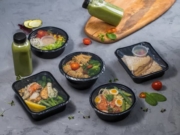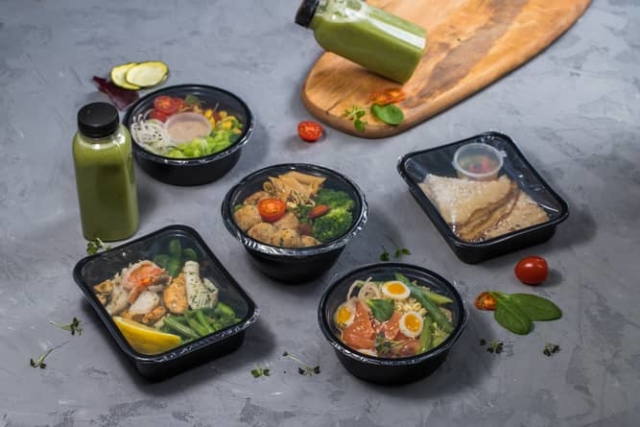Balancing a demanding job with maintaining a healthy lifestyle can often feel overwhelming. Long working hours, tight schedules, and constant deadlines leave little time to cook fresh meals every day. This is where meal prepping steps in as a practical solution. By preparing meals in advance, professionals can save time, reduce stress, and ensure they always have nourishing food at hand. If you are new to meal prepping, this guide will help you get started in a simple and sustainable way.
Why Meal Prepping Works for Professionals
Meal prepping takes the guesswork out of daily eating. Instead of scrambling to figure out lunch during a hectic workday or grabbing quick but unhealthy takeout, you have ready-made meals waiting for you. It is not about complicated recipes or spending the entire weekend in the kitchen. Rather, it is about planning ahead and creating a routine that makes eating well much easier.
Start Small
The biggest mistake beginners make is trying to prepare an entire week’s worth of meals right away. Instead, start with just one or two meals. For example, focus on prepping lunches for the first few days of the week. As you get comfortable, you can expand to dinners or even snacks. Taking small steps ensures you do not feel overwhelmed and helps you build consistency.
Plan Before You Cook
Successful meal prepping begins with a clear plan. Decide which meals you want to prepare and write down a simple menu. Keep the recipes straightforward and avoid dishes that require too many ingredients or complex cooking methods. Once you have your plan, create a shopping list. This saves time at the store and keeps you from buying unnecessary items.
Choose Balanced, Versatile Foods
When planning your meals, aim for balance. Combine a source of protein, some vegetables, and a portion of healthy carbs. Pick foods that can be used in multiple dishes. For example, roasted vegetables can be paired with rice, added to a salad, or wrapped in a tortilla. Cooking versatile ingredients allows you to mix and match throughout the week, keeping meals exciting without adding extra work.
Invest in Good Containers
Containers are a key part of meal prepping. Sturdy, reusable containers that are easy to stack and carry make storing and transporting food simple. Choose sizes that work for individual portions so you can grab and go without worrying about measuring each time. Clear containers are helpful because you can quickly see what’s inside.
Set Aside Prep Time
Dedicate a specific block of time for meal prep each week. Many professionals choose Sunday afternoons or evenings, but the best time is whatever consistently works for your schedule. Use this time to chop vegetables, cook proteins, and portion out meals. Treat it as an important appointment with yourself, just like a work meeting.
Keep It Flexible
Meal prepping is not about rigid routines. Life happens, and schedules change. If you cannot stick to the exact plan, it is fine to adjust. Some days you may only prep snacks or breakfast instead of full meals. The goal is progress, not perfection.
Conclusion
Meal prepping may seem intimidating at first, but once you begin, it quickly becomes a valuable habit. For busy professionals, it brings convenience, healthier choices, and peace of mind. By starting small, planning ahead, and keeping your routine flexible, you can make meal prepping a natural part of your lifestyle. Over time, this simple practice will save you energy and help you stay fueled for both your career and personal life.











































